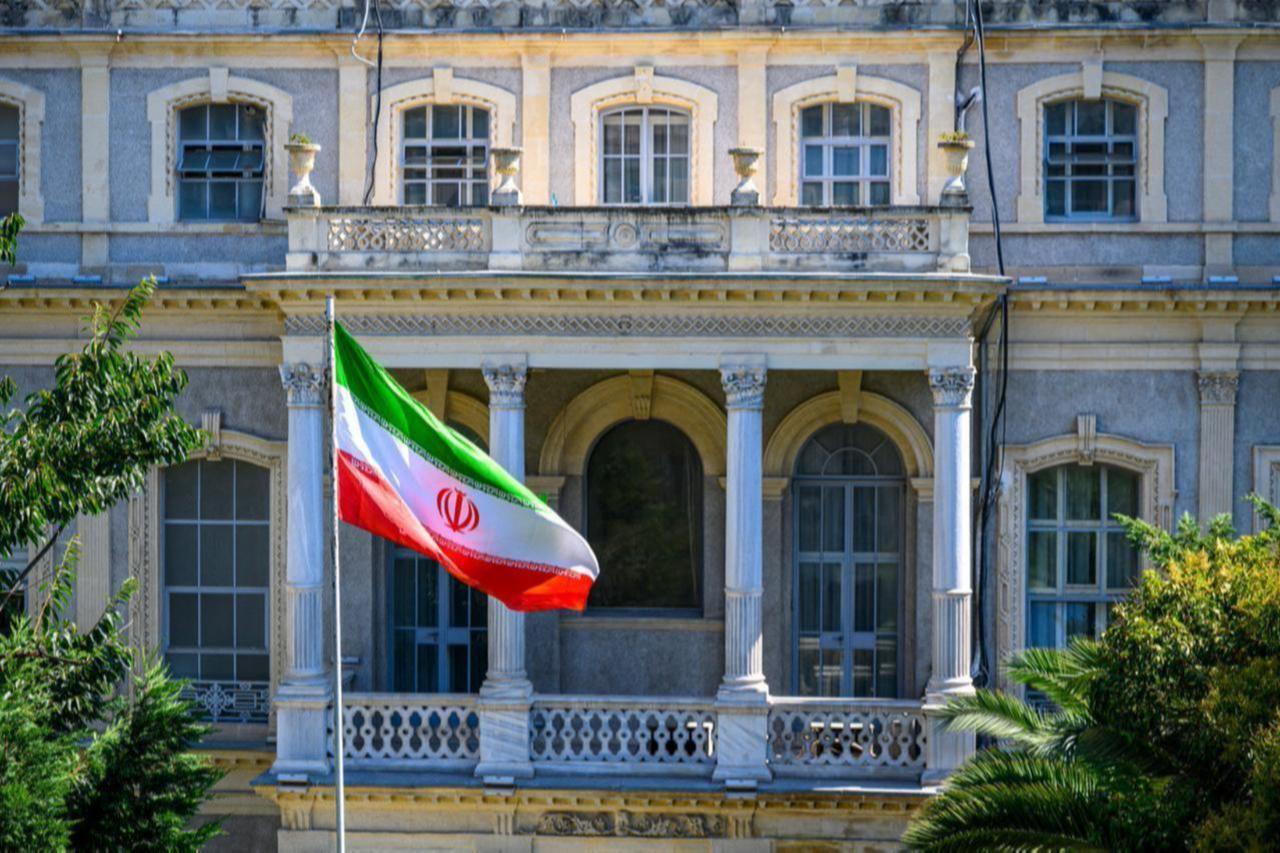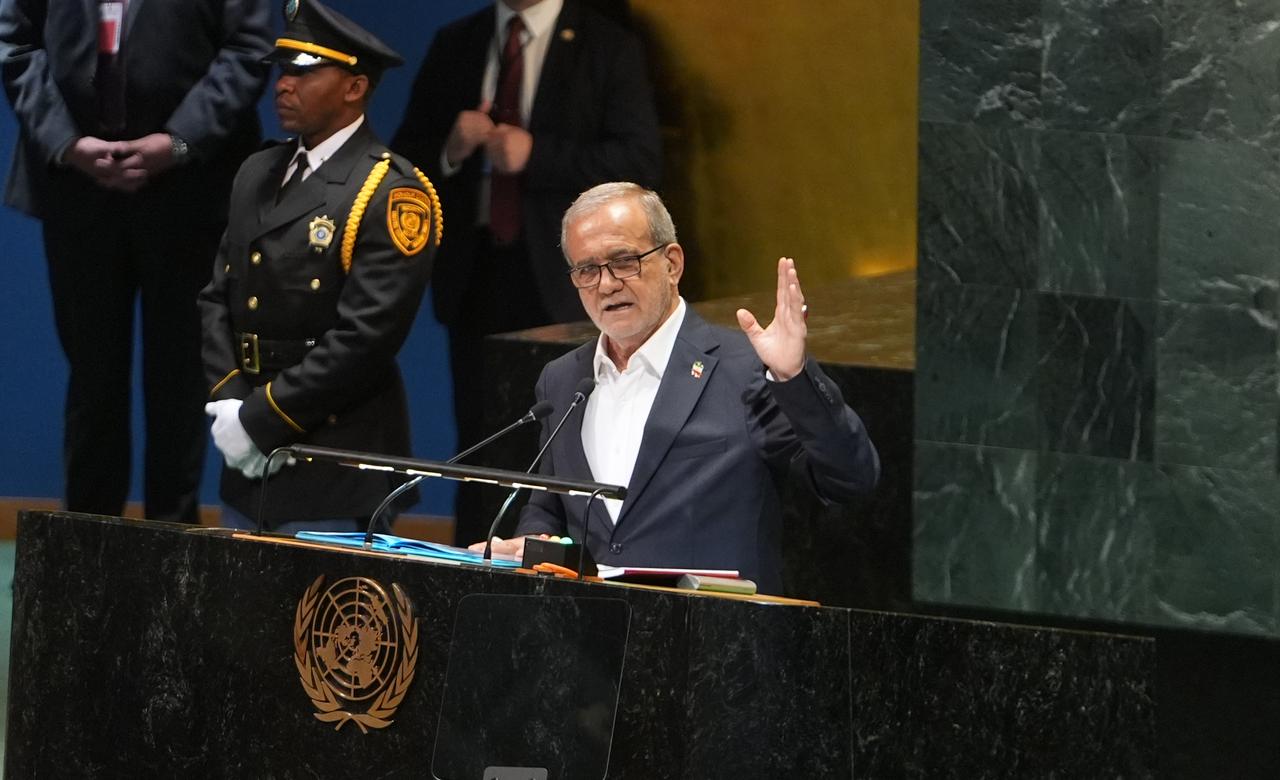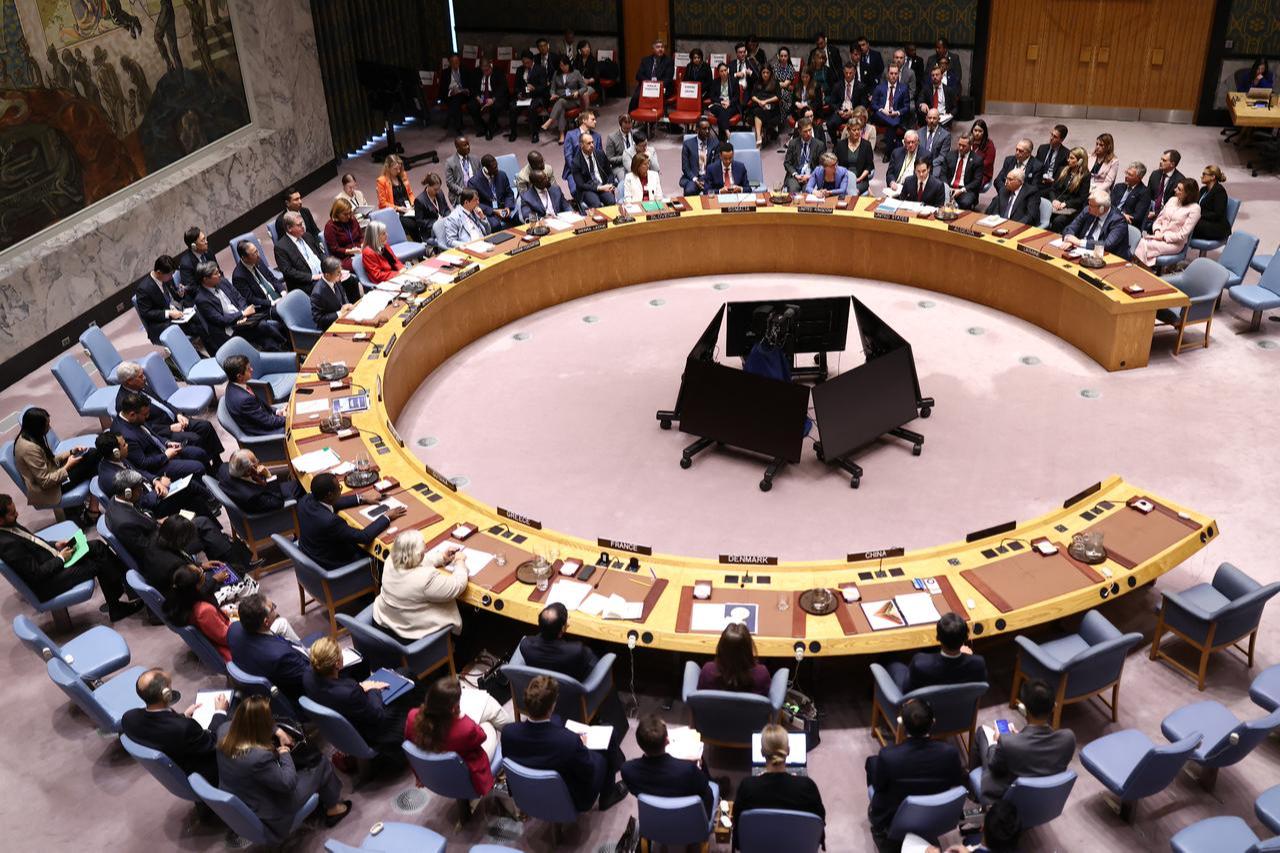
Iran on Saturday recalled its ambassadors to France, Germany and the United Kingdom for consultations ahead of sweeping sanctions set to be reimposed, state-run IRNA news agency reported.
The move followed a failed attempt by Russia and China at the U.N. Security Council to delay the revival of sanctions.
Their draft resolution on Friday won support from only four of the council’s 15 members, clearing the way for the sanctions to take effect.
The measures are scheduled to resume at 0000 GMT on Sunday (8:00 p.m. Saturday in New York).
It will be the first time in a decade that Iran comes under broad U.N. sanctions, barring an unexpected breakthrough.
The International Atomic Energy Agency said Friday that inspectors had been allowed to return to Iranian sites, but Western powers insisted progress was insufficient.
After a week of top-level diplomacy at the U.N. General Assembly, they rejected further delays.
The Security Council also voted down a draft resolution by Russia and China to extend the 2015 Joint Comprehensive Plan of Action (JCPOA) until April 18, 2026. The proposal would have delayed the sanctions “snapback” mechanism triggered by France and the U.K., which is due to take effect Sept. 28.
Nine council members—the U.K., France, Denmark, Slovenia, Sierra Leone, Panama, the U.S., Greece and Somalia—voted against the resolution.
Iranian President Masoud Pezeshkian said there was no reason to strike a deal when, in his view, Israel and the United States sought to use pressure to topple the Islamic Republic.
“If the goal had been to resolve concerns on the nuclear program, we could easily do that,” Pezeshkian told reporters, repeating that Iran would never pursue nuclear weapons.
He said France had proposed that Iran give up its stockpile of highly enriched uranium in exchange for a one-month delay in sanctions. “Why would we put ourselves in such a trap and have a noose around our neck each month?” he asked.

Pezeshkian accused Washington of pressing European nations not to compromise.
He dismissed U.S. negotiator Steve Witkoff, a longtime associate of Donald Trump, as unserious, charging that Witkoff had reversed earlier agreements before talks collapsed following Israeli military strikes.
The U.K., France and Germany—known as the E3—are signatories to the 2015 nuclear accord, which imposed limits on Iran’s nuclear activities in exchange for sanctions relief.
The pact, endorsed by the U.N. Security Council, required Iran to restrict uranium enrichment and allow international inspections to ensure its program remained peaceful.
After U.S. and Israeli attacks on Iranian territory, Tehran suspended cooperation with the IAEA, claiming the watchdog was biased.
On Aug. 28, the E3 invoked the snapback mechanism under Security Council Resolution 2231, setting in motion the automatic restoration of sanctions within 30 days if Iran failed to comply.

Russian Deputy Ambassador Dmitry Polyansky said Moscow considered the reimposition of sanctions “null and void.” China backed Russia’s attempt to delay the measures, but both failed to secure enough votes.
The U.S. already maintains unilateral sanctions on Iran, aimed at halting its oil sales worldwide, though Chinese companies have continued to buy.
Trump reinstated sanctions during his presidency under a “maximum pressure” campaign after pulling the U.S. out of the JCPOA, which had been negotiated by Barack Obama.
The International Crisis Group said Iran appeared largely dismissive of the snapback, having already adapted to U.S. restrictions. But it warned the sanctions would be difficult to reverse, as undoing them would require consensus at the Security Council.
“It is also likely to compound the malaise around an economy already struggling with high inflation, currency woes and deepening infrastructure problems,” the group wrote.
Israeli Prime Minister Benjamin Netanyahu, in a defiant U.N. address Friday, urged no delay in restoring sanctions. He hinted Israel might again strike Iran’s nuclear facilities, recalling June air raids that Tehran said killed more than 1,000 people.
Pezeshkian stressed Iran would not respond to sanctions by leaving the nuclear Non-Proliferation Treaty, warning that unnamed powers sought a “superficial pretext to set the region ablaze.”